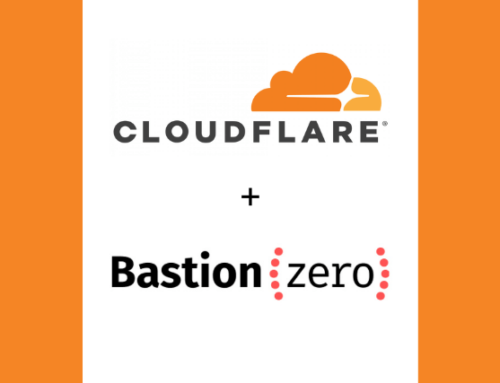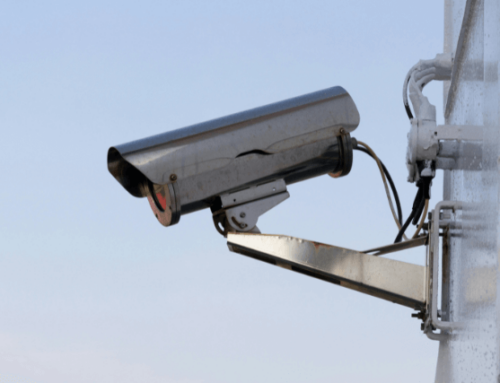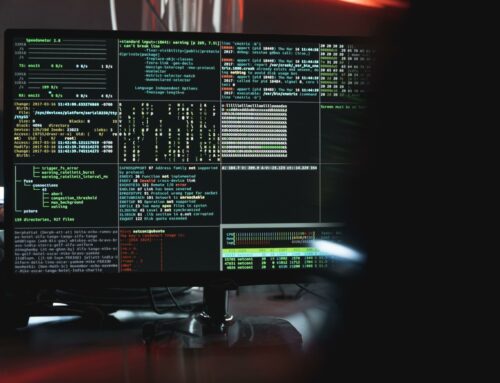Examining Top Enterprise Next-Gen Firewalls
Firewalls are commonly used network cybersecurity devices that have been the first line of defense for organizational networks for decades. These devices monitor incoming and outgoing network traffic and permit or block data packets based on predetermined security rules.
This technology helps prevent attackers from accessing company networks. Firewalls have come a long way since they were first introduced in the late 1980s. Next-generation firewalls are part of the third generation of firewall technology. These modern firewalls enable companies to better defend against cyberattacks.
What Do Next-Gen Firewalls Do?
Cybersecurity teams need modern cybersecurity solutions that can handle emerging threats. Next-generation firewalls combine traditional firewall technology with other network technologies and techniques. These newly incorporated technologies and techniques range from TLS/SSL encrypted traffic inspection to deep pack inspection.
Similar to older firewalls, newer firewalls use static and dynamic packet filtering and VPN support to ensure that network connections are valid and secure. However, next-gen firewalls are able to filter packets based on application type.
Threat Prevention
Modern firewalls have improved breach prevention technologies. Next-generation firewalls are able to block malware before it enters a network. The ability to integrate with threat intelligence services provides defense against advanced persistent threats (APTs).
Next-generation firewalls can monitor and block suspicious activity. As traffic passes through the firewall, the traffic can be inspected for known exploits of existing vulnerabilities. Next-gen firewalls have advanced firewalls to prevent users from accessing hundreds of millions of URLs.
Threat Network Visibility
In order to protect against cyberattacks, cybersecurity teams need to have visibility into their networks. Modern firewalls enable organizations to monitor threat activity across all network infrastructure. Cybersecurity teams have more control and visibility into applications. Next-gen firewalls use deep packet filtering to inspect the contents of packets and identify and control applications
Faster Detection Time
Hackers can spend days, weeks, or even months in company networks before cybersecurity teams notice. This gives attackers time to damage systems and steal data. Next-generation firewalls can detect threats in seconds and send alerts to relevant parties within the companies. Cybersecurity teams will then be able to take corrective action to eliminate threats.
Automation
Cybersecurity often involves a number of time-consuming manual processes. Next-generation firewalls automate a number of security tasks, such as impact assessment and user identification. Cybersecurity teams can spend more time on other projects.
Cybersecurity teams should choose firewalls that are able to seamlessly integrate with other cybersecurity tools they utilize. Next-gen firewalls offer streamlined infrastructure that is easy to control, update, and maintain.
Next-generation firewalls are an effective option for companies looking to improve their cybersecurity capabilities. This modern solution combines various security applications into one solution. Firewalls are an essential part of any cybersecurity infrastructure to protect sensitive data and vital IT systems.












